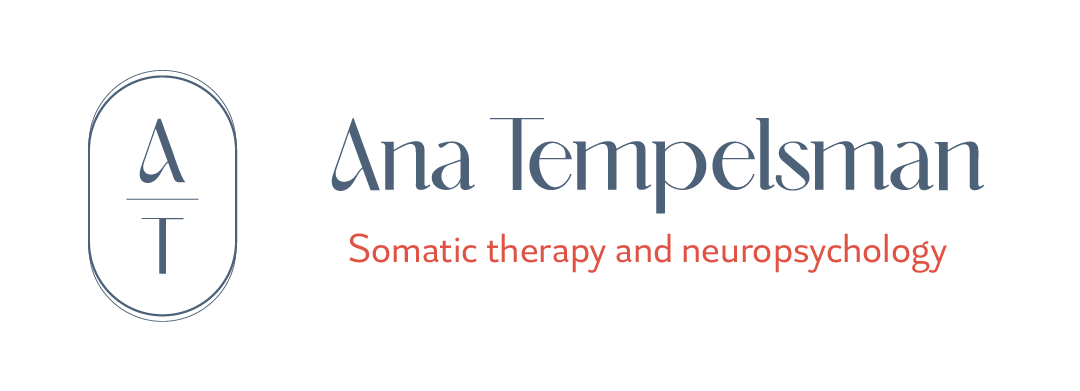PERSONAL GROWTH
JAN, 2024
Excluding Children from Parental Conflict
![]() ANA TEMPELSMAN
ANA TEMPELSMAN
Excluding Children from Parental Conflict
By Ana Tempelsman and Silvia Salinas.
Conflict is an inherent part of intimate relationships. We have desires, fears, past frustrations, expectations, and very vulnerable places that inevitably come into play when we open up and love. Often, people get angry when conflict arises because they believe it shouldn’t happen. They think that if the relationship were good, if they loved each other enough, there would be no disputes. However, conflict and pain are as intrinsic to intimate relationships as love. Opening up to another person brings both the pleasure of connection and the fear of vulnerability.
Conflict itself is not bad. It is what we do with the conflict that can be potentially harmful, especially for children when they find themselves caught in the middle of the battlefield.
Children grow up in the physical space between their parents. They need the support and containment of both to survive and know they are a product of their parents’ love. For children, witnessing fights between their parents can be a real hell. In other words, “The tension between parents can be measured in the bloodstream of the child who observes them” .
The Obvious Case
The Confidants
The Spies
Since they spend time and share intimacy with the other parent, children are the ideal person to obtain information about what the other parent does when not seen. How much they spend, who they call on the phone, whether they went where they said they would, if they came back with wet hair (as if they had just showered). Sometimes these questions are asked subtly, in passing. But children feel a strong loyalty to both parents, and these situations put them in a very difficult position.
Taking it to an extreme, a person we treated recounted that her mother took her in the car while spying on her husband to see if he had a lover.
The Messengers
The Secrets
Contradictory Orders
Loyalties and Alliances
Manipulating the Other
Competing for the Children's Love
Speaking Ill of the Other Parent
Neglecting the Children
Controlling Anger
Conclusion
In conclusion, we want to emphasize that when we realize we have made a mistake, the most important thing is not to blame ourselves. Instead, observe what we did, become aware to improve and repair, and forgive ourselves. Being able to see the harm we may be causing and trying to change. Learning to look at our children and understand their place, caring for them, and striving to improve for their own good and ours.
